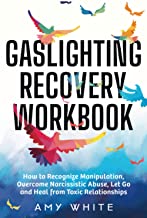Spouse Abuse and Neglect
Resources for Patients and Caregivers
In the initial tension building stage, the signs of abuse are beginning to appear. The abuser and the victim may have more arguments, accusations begin, and the victim begins to feel as if she does nothing right. In fact, if she disagrees with her spouse, she becomes fearful of making the situation worse.
Cluster Number:
Wiki Number: 48-Spouse Abuse or Neglect
Diagnosis: The Wikipedia article title is “Domestic Violence.”
US Patients:
World Patients: The less sexual equality, the more likely abuse against women. 1993-UN opposed wife-beating.
Sex Ratio: 90+%? Against women. The world has been slow to change.
Age Onset:
Brain Area: defined as,”all physical, sexual, psychological or economic violence against a family member or intimate partner.” “Family abuse” includes abuse against children and the elderly.
Symptoms:
Progression:
Causes:
Medications:
Therapies: Mobile apps and court systems are now recognizing domestic violence more.
Youtube Video: Feeling Emotionally Neglected in Marriage
Youtube Video: It’s Time To Talk About Psychological and Verbal Abuse
Amazon or Library Book: Gaslighting Recovery Workbook (“Gaslighting” means manipulating someone psychologically until they question their own sanity.)
Click the book to link or order from Amazon.

